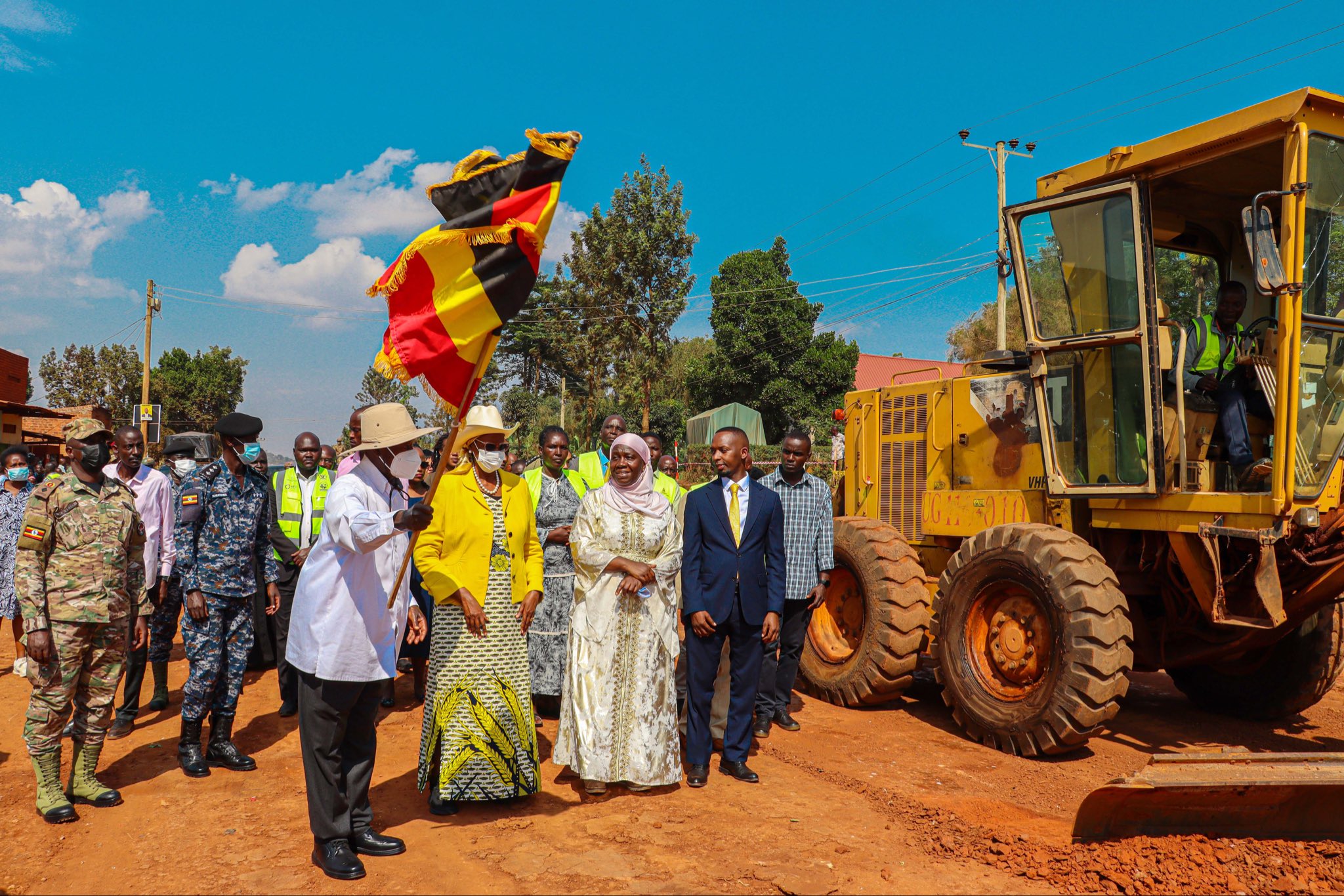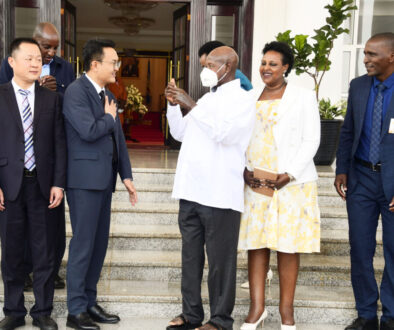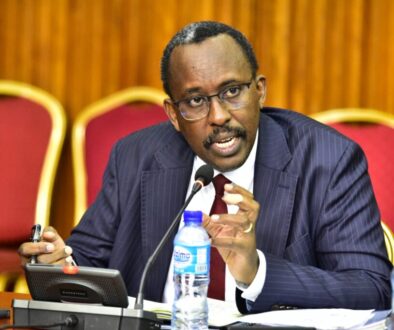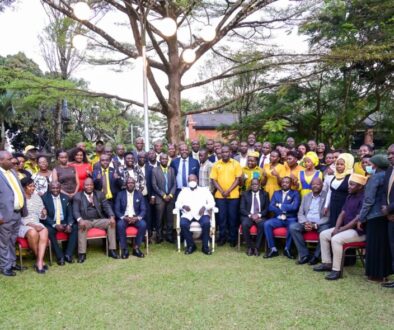Legislators’ report lays bare billions lost in projects

CAPTION: President Yoweri Museveni flags off the groundbreaking ceremony for the construction of the Bukasa–Ssentema–Kakiri Road at Bukasa Catholic Church in Bukasa Village, Bukasa Sub-county, BusiroCounty recently. (Courtsey photo.)
By Our reporter
PARLIAMENT – The Committee on Public Accounts (Central Government) has drawn the attention of legislators to exaggerated costs of government-funded infrastructure projects.
In its report on the Auditor General’s findings for the 2023-2024 financial year, PAC systematically breaks down how taxpayers are paying up to three times more for roads of similar length and quality.
Rehabilitating a 1.37-kilometre road in Arua City, for example, costs Shs13.4 billion, while 2.68 kilometres in Fort Portal cost Shs 21.4 billion. In contrast a one kilometre stretch in Mbarara City costs Shs4.9 billion, only.
“These roads measure almost the same in length, yet the costs vary abnormally. Such discrepancies are unjustifiable and point to inflated contracts and loss of public funds,” said Hon. Muhammad Muwanga Kivumbi, the PAC Chairperson.
Muwanga Kivumbi presented the PAC report during the plenary sitting chaired by Speaker Anita Among on Tuesday, 09 September 2025.
According to estimates from the Ministry of Works and Transport, the average cost of upgrading a kilometre of paved road is about Shs3.1 billion, exposing corruption in rehabilitating roads such as the 1.37-kilometre road in Arua City which is three times the estimated cost.
The Fort Portal project alone could have financed rehabilitation of nearly seven kilometres instead of the 2.6 kilometres, Muwanga Kivumbi, also Butambala County MP, observed.
He noted the problem is widespread across projects, with huge sums spent on supervision, which in some cases consumed up to 20 percent of the total project cost. Arua’s 1.37km road attracted Shs3 billion supervision costs, while Mubende spent Shs2.5 billion supervising a 2.86km road.
His committee report described the trend as “obnoxious” and a reflection of collusion between contractors and officials in charge of monitoring projects.
“These inflated costs have deprived Ugandans of better roads, schools and hospitals. Borrowed money is wasted on enriching a few individuals, Government is losing money through inflated contracts and weak supervision,” stated the report.
The findings come at a time when Uganda is grappling with rising debt repayments, most of it tied to poorly executed projects.
The committee disclosed that out of Shs7.958 trillion in loans and Shs3.97 trillion in grants secured by government to finance various development projects, less than half was utilised. Only 48.2 percent of the loans and 25.6 percent of the grants were absorbed.
The committee reviewed 17 government loans and discovered an average disbursement of 36.7 percent far below expectations. Some projects had disbursement rates close to zero, such as the Mbarara-Masaka Transmission Line which stood at just 0.3 percent despite its completion deadline passing in June 2023.
The Speaker was perturbed by the fact that government is paying interest on loans that are not utilised and tasked the finance ministry to report to Parliament the update on loans borrowed, disbursed and those lying idle.
“We will give this item a day’s sitting for debate, we need to look at it seriously because we are paying for loans that we are not using,” Among said.
The Minister for Defence and Veteran Affairs, Jacob Oboth, urged Parliament to critically devise proposals for government on loan management in a way that yields value for money.


